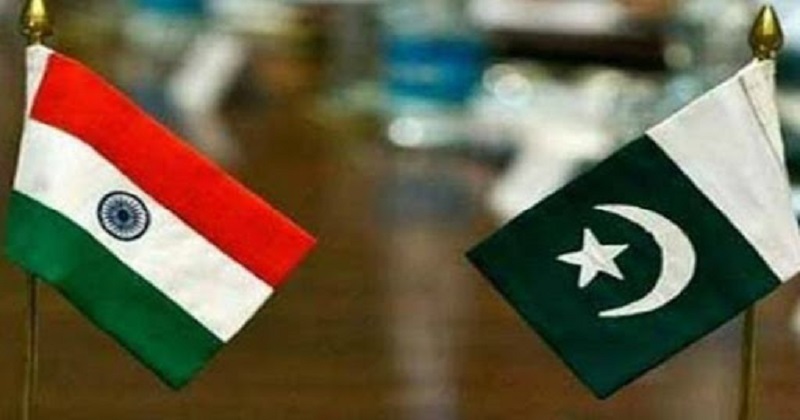
In January, top intelligence officers from India and Pakistan held secret talks in Dubai in a new effort to calm military tension over the discussed Himalayan region of Kashmir, the Reuters news agency in New Delhi was reported by people who are in close knowledge of the matter.
Ties between the nuclear-armed opponents were crystalized since a suicide bombing of an Indian military convoy in Kashmir in 2019 was traced to Pakistan-based fighters that led to India sending warplanes to Pakistan.
That year later, Indian Prime Minister Narendra Modi removed Indian-ruled Kashmir’s independence in order to tighten his grip over the Muslim-majority territory, prompting indignity in Pakistan and the downgrading of diplomatic ties and suspension of bilateral trade. But the two governments have reopened a back channel of diplomacy aimed at a modest road map to normalising ties over the next several months, the sources told Reuters.
Kashmir has long been a key point between India and Pakistan, both of which claim all of the regions but rule only in part.
Administrators from India’s Research and Analysis Wing, the external spy agency and Pakistan’s Inter-Services Intelligence (ISI) went to Dubai for a meeting arranged by the United Arab Emirates government, two people said.
The Indian foreign ministry did not answer a request for comment. Pakistan’s military, which controls the ISI, also did not respond. But Ayesha Siddiqa, a noted Pakistani defence analyst, said she believed Indian and Pakistan intelligence officials had been meeting for several months in other countries.
“I think there have been meetings in Thailand, in Dubai, in London between the highest-level people,” she said.
Meetings like this have taken place in the past also, notably during times of crises but never been publicly recognised.
“There is a lot that can still go wrong, it is fraught,” said one of the people in New Delhi. “That is why nobody is talking it up in public, we don’t even have a name for this, it’s not a peace process. You can call it a re-engagement,” one of them said.
Both countries have reasons to seek a rapprochement. India has been locked in a border confrontation with China for the last year and does not want the military stretched on the Pakistan front.
China’s associate, Pakistan, mired in economic difficulties and on an International Monetary Fund (IMF) rescue programme, can ill-afford heightened tensions on the Kashmir border for a prolonged period, experts say. It also has to stabilise the Afghan border on its west as the United States withdraws.
“It’s better for India and Pakistan to talk than not talk, and even better that it should be done quietly than in a glare of publicity,” said Myra MacDonald, a former Reuters journalist who has just published a book on India, Pakistan and war on the frontiers of Kashmir.
“… But I don’t see it going very far beyond a basic management of tensions, possibly to tide both countries over a difficult period – Pakistan needs to address the fallout of the US withdrawal from Afghanistan, while India has to confront a far more volatile situation on its disputed frontier with China.”
In the light of the January meeting, India and Pakistan declared they would stop cross-border shooting along the Line of Control (LoC) dividing Kashmir which has left dozens of civilians dead and many others injured. That ceasefire is holding, military officials in both countries said.
From both sides, they have also indicated plans to hold elections on their sides of Kashmir this year as part of efforts to bring uniformity to a region riven by decades of bloodshed.
The two have also agreed to dial down their discourse, the people Reuters spoke to said.
This would include Pakistan dropping its loud disapproval of Modi abolishing Kashmir’s freedom in August 2019, while New Delhi in turn would cease accusing Pakistan of all violence on its side of the LoC.
“There is a recognition there will be attacks inside Kashmir, there have been discussions as to how to deal with it and not let this effort derailed by the next attack,” one of the people Reuters talked to said.
However, there is no grand plan yet to resolve the 74-year-old Kashmir conflict. Somewhat both sides are trying to subdue tensions to pave the way for a broad engagement, all the people Reuters spoke to said.
“Pakistan is transiting from a geostrategic domain to a geo-economic domain,” Raoof Hasan, a special assistant to Pakistani Prime Minister Imran Khan, told Reuters.
“Peace, both within and around with its neighbours, is a key constituent to facilitate that.”

Post Your Comments